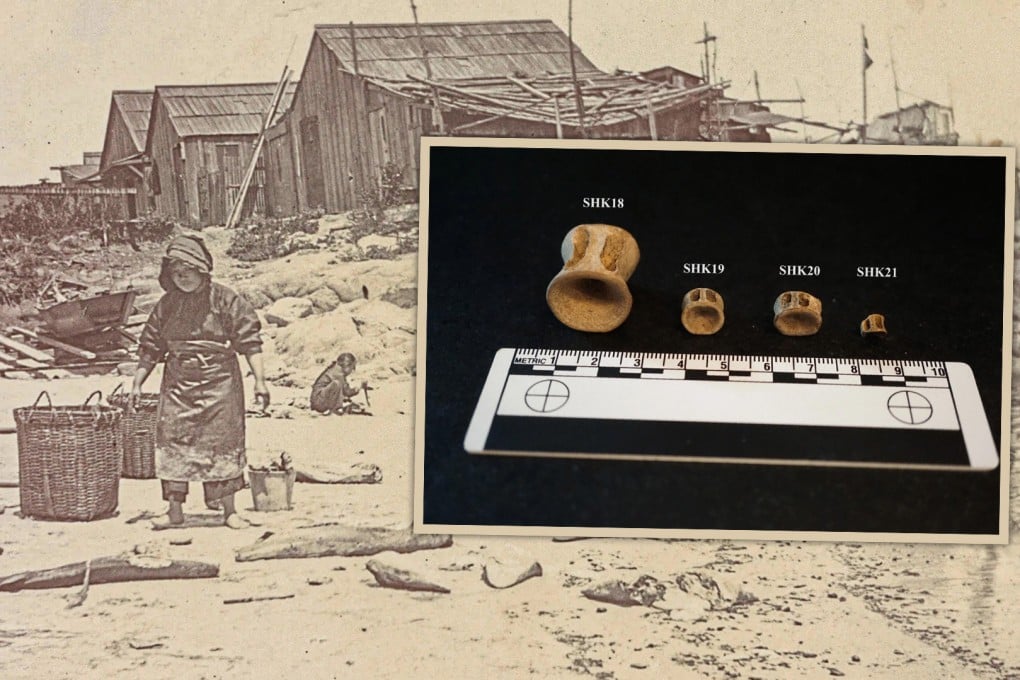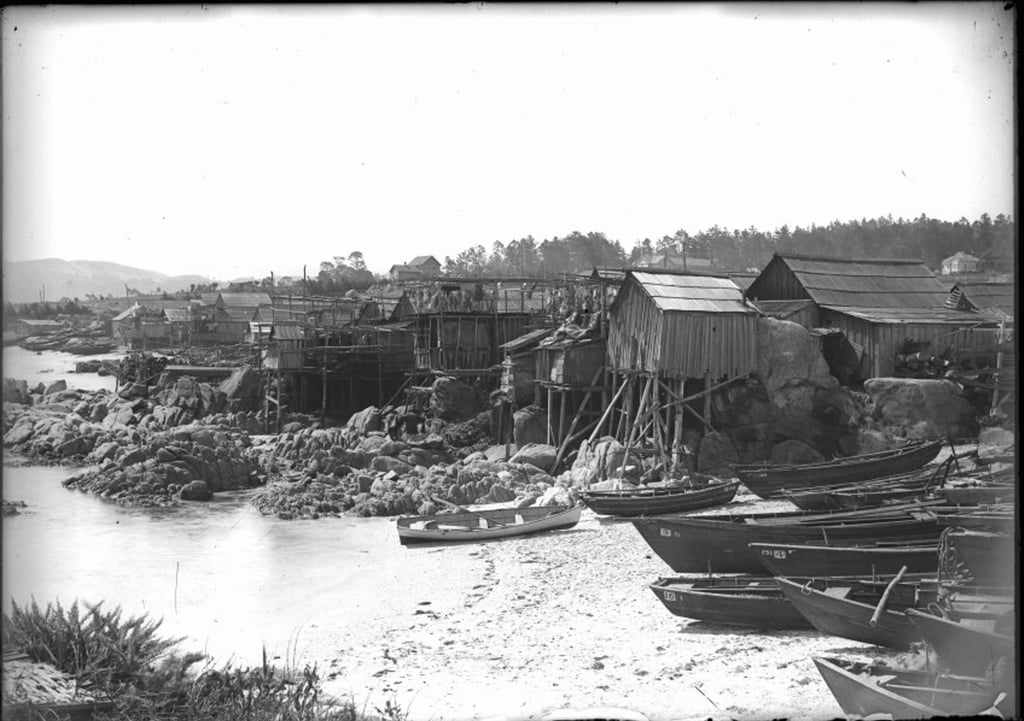How an early Chinese-American fishing village fuelled shark fin trade before being burned to ground
- Point Alones was one of most significant fishing villages at turn of 20th century but was destroyed by fire, likely by malicious individuals

On May 26, 1906, a fire swept through Point Alones, California, devastating one of the largest Chinese fishing communities in America, with newspaper reports suggesting the fire was started by nefarious individuals, evidenced by the water hoses being cut and direct anecdotes of looting.
The legendary American author John Steinbeck visited the village in his younger years and, decades after the fire, said about Point Alones: “I remember the night the whole thing burned to the ground. We felt that a way of life was gone forever.”
Before it burned down, Point Alones was a crucial fixture in the global shark trade. Sharks caught in Monterey Bay were often processed, and dried shark fins were sent to China as premium products, according to a study published in the peer-reviewed journal Human Ecology in late June.
“While much of the fish harvested by these villages was being exported to China, some was being shipped to other Chinese settlements in the American West, including railroad work camps,” said Thomas Royal, a study author who works at both Simon Fraser University in Canada and the Norwegian University of Science and Technology in Norway.
“For instance, one account from 1882 notes Chinese fishers in California were shipping dried and salted grey smooth-hound to Chinese railroad labourers.”

Royal told the Post that the village was initially started by migrants from Guangdong province in southern China in the middle of the 19th century. He said oral histories suggest the initial settlers may have landed at the location due to a shipwreck. The new arrivals brought with them “a deep knowledge of fishing”.
